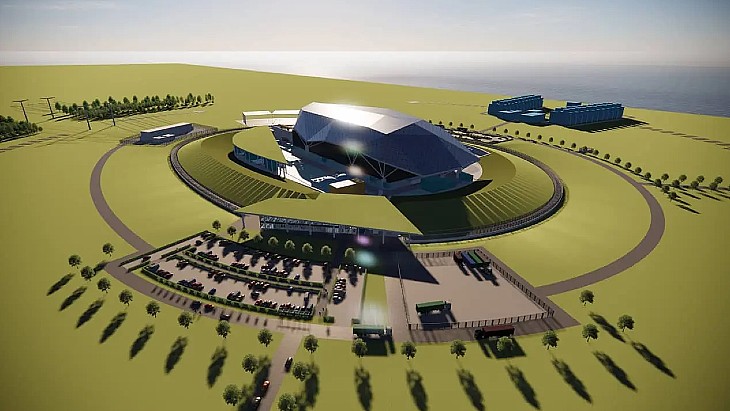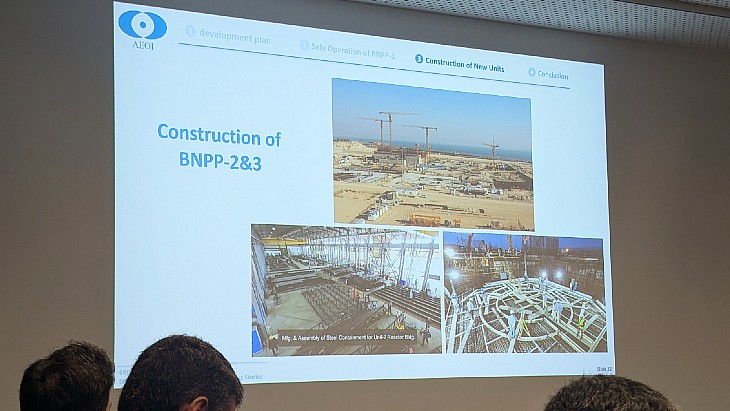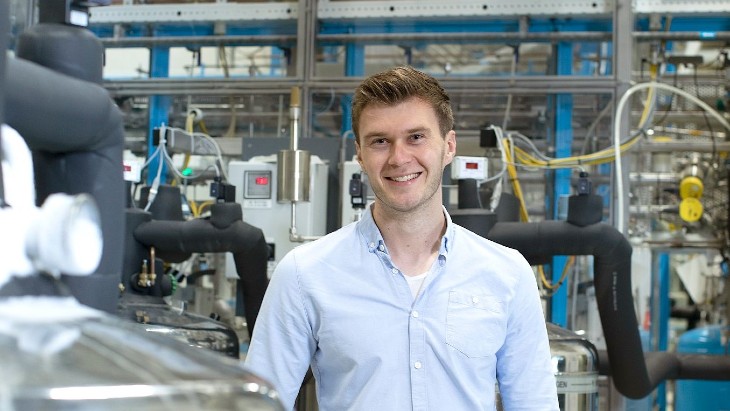Delay in groundwork for Florida nuclear
New nuclear power in Florida has been put back by 20 months after it was ruled that no excavation may take place ahead of full permission to build.
New nuclear power in Florida has been put back by 20 months after regulators ruled that no excavation may take place ahead of full permission to build.
Progress Energy today announced a schedule change for its project to build two Westinghouse AP1000 nuclear units in Levy County, Florida. Commercial operation of the two 1105 MWe reactors has been pushed back from the 2018-2016 timeframe by "a minimum of 20 months."
The company had hoped to complete groundwork such as excavation and preparation for foundations while the Nuclear Regulatory Commission (NRC) was still reviewing the construction and operating license required to actually build the units. A February decision from the NRC, however, has made this impossible.
The NRC ruling only to the Levy site, and not the 17 other places it is reviewing plans for new reactors.
.jpg) |
| The Levy plant's location in the state of Florida |
No doubt disappointed by the delay, Progress Energy looked on the bright side. Jeff Lyash, president and CEO of the firm's Florida arm said that shifting back some of the new-build work enables Progress to "spread some of the costs over a longer period."
While revising the new-build schedule, Progress Energy has also requested to amend the costs of the project as passed on to customers under Florida's regulated energy market. If approved by the state's Public Service Commission, the 2010 project cost to consumers would be reduced from $12.63 per month per 1000 kWh to $6.69 for that rate of power use.
Bill Johnson, head of Progress Energy, continued the upbeat theme: "This shift in schedule provides time for the economy to recover, which should allow for financing in a more stable market. It also provides more time for national leaders to develop potentially transformational energy policies under debate in Washington DC."
Energy and environment policies forthcoming under President Barack Obama are likely to involve financial complications for emissions of carbon dioxide, which the new wave of nuclear power plants would almost completely avoid. "To achieve the greatest reduction in carbon emissions at the least cost, advanced nuclear technology must be part of the solution," said Johnson.
A new construction schedule is now under development with Westinghouse and its partner Shaw, which were contracted for engineering procurement and construction of the two new reactors in January.
The project is to cost a total of around $14 billion when finance, land price, labour, regulatory fees and initial batches of reactor fuel are included. Another cost is to be some $3 billion for 320 km of transmission lines.
_92619.jpg)


_84504.jpg)







